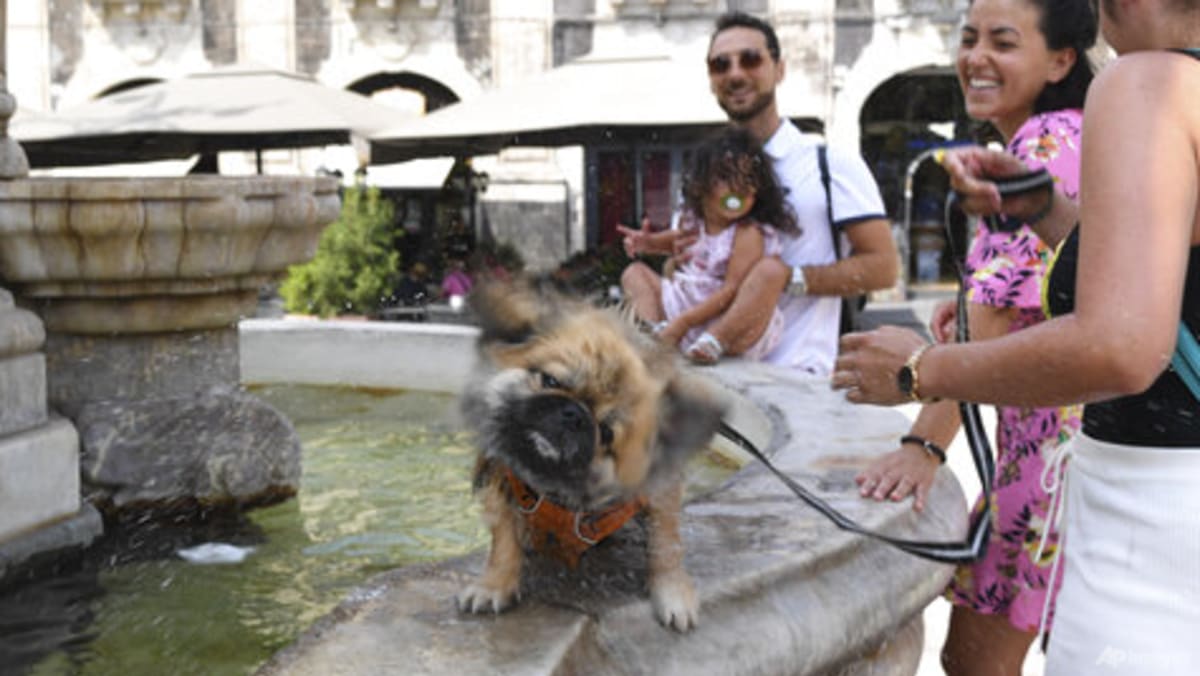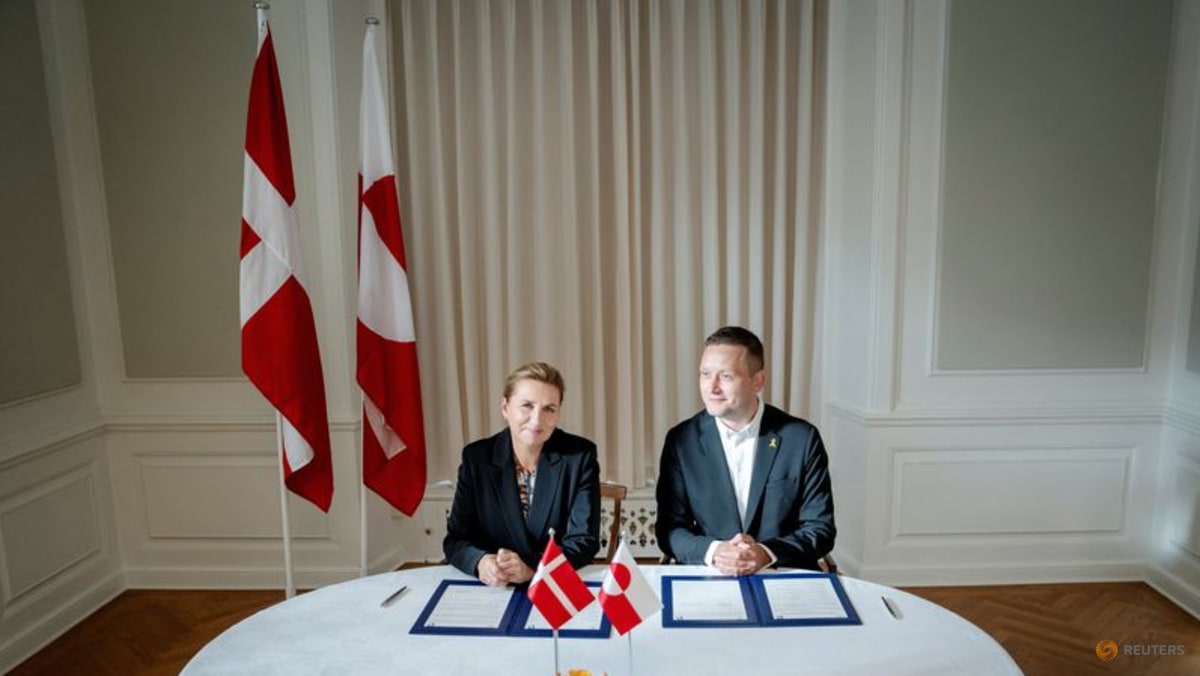A MEMBER OF THE FAMILY
Italy’s official rates of pet ownership – about 40 per cent of households report having at least one pet – may still be well below those of the UK and the US, at 60 per cent and 66 per cent respectively.
But Tortorella, who also runs a dog day-care in the centre of Rome, says that while Italians have always loved dogs, “in the last 10 years, dogs or cats have really become treated as a member of the family. It’s a new, pet-friendly culture. They do the same things for their dogs as you can do with a child.”
From dog day-care with pick-up and drop-off shuttle services, to specialised pathology labs, to the organisation of solemn pet funerals, new enterprises are catering to the needs of the full pet life cycle.
In 2022, Italians spent €6.8 billion (US$8 billion) on pet care, according to Nomisma, an Italian consultancy. While dogs were once fed table scraps, people are increasingly fussy over what they give them. “They worry about what they eat, the quality,” Tortorella said. “Now people cook for their pets.”
In Rome, dogs have access to public places often off limits to animals in other parts of the world. In California, for example, it is illegal to take dogs – apart from service pets – into grocery stores or restaurants. Here, however, no one blinks an eye at seeing them in food shops, indoor restaurants or shopping malls. My local grocery even has two designated shopping trolleys for dogs to ride in.
They have breached the corridors of power too. Senator Michaela Biancofiore recently won the right to bring her beloved 12-year-old dog, Puggy, to work, setting a precedent.
“I work here from morning to night and the dog can’t be left alone all day,” Biancofiore told me in her senate office as Puggy lolled in the corner. “A dog sitter won’t give the same attention as her owner.”













